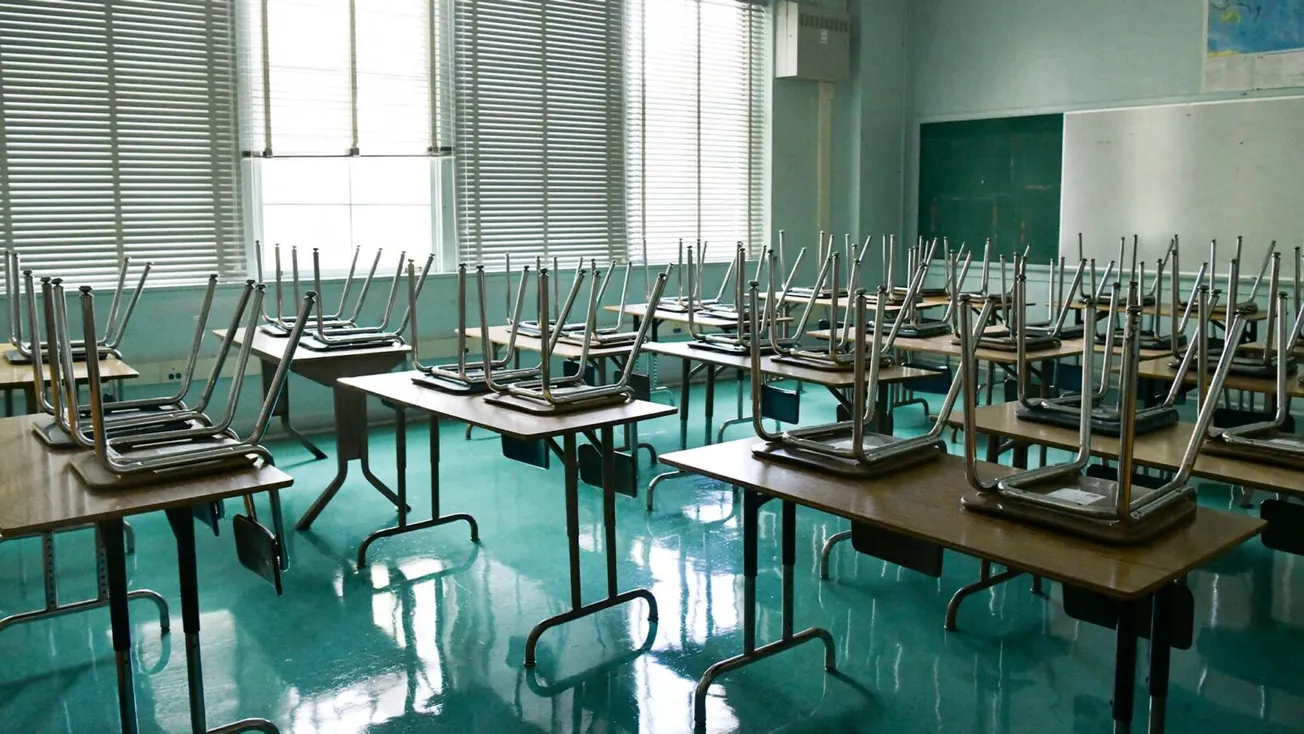Table of Contents
For months in 2013, the Australian left-media was practically glued, en masse to the Gillard Government’s Royal Commission into Institutional Responses to Child Sexual Abuse. The ABC was especially salivating, dedicating hours per day to broadcasting testimony (by contrast, it barely mentioned the concurrent Royal Commission into trade union governance and corruption, except to attack its commissioner).
To be sure, the Royal Commission uncovered horrific child abuse, going back decades. But, in hindsight, it’s beginning to look more and more as if its real purpose was to cover up and distract from the truly shocking scale of abuse perpetrated (and ongoing) in government schools.
Another day, another revelation about the extent of historical child sexual abuse in government institutions, including schools.
In the US, the government-commissioned Shakeshaft Report described abuse in government schools as “likely 100 times worse” than in churches. Law enforcement officials describe the scale of teacher abuse as “epidemic”. So, where’s the blanket media coverage?
On Tuesday, Tasmanian Premier Jeremy Rockliff released the final report of the Commission of Inquiry into the Tasmanian Government’s Responses to Child Sexual Abuse in Institutional Settings, which was chaired by former judge Marcia Neave […]
In June 2021, professors Stephen Smallbone and Tim McCormack completed what was termed the Independent Inquiry into the Tasmanian Department of Education’s Responses to Child Sexual Abuse.
Why was this commission of inquiry necessary? After all, the McClellan Royal Commission ran for three years, cost $350m, and employed more than 300 staff at any one time. What could they possibly have missed?
Plenty, apparently.
In other words, the Tasmanian government saw fit to establish two inquiries to cover ground the McClellan commission did not handle adequately. The Smallbone-McCormack inquiry focused on government schools; the Neave inquiry focused on government institutions such as the Launceston General Hospital and the Ashley Youth Detention Centre but included schools.
What the inquiries uncovered was the sort of abuse the churches have become indelibly stained by. Yet, no one’s going around, burning down government schools.
Last Wednesday, ABC television’s 7.30 covered the release of the Neave inquiry report. Reporter Will Murray interviewed AB, who at the age of 12 was sexually abused by convicted pedophile Darrel George Harington at Hobart’s New Town High School in 1978. AB told Murray: “He (Harington) was able to retain his teacher’s registration for so long, to be moved from school to school; it’s extraordinary that was allowed to happen” […]
AB informed the Neave inquiry that he contacted the McClellan royal commission and obtained a private hearing. There he learnt Harington had sexually abused other students in government schools. In the event, according to the Neave inquiry, Harington pleaded guilty in 2015 to multiple charges of child sexual abuse with respect to several victim-survivors. Note the date – the second year of the McClellan royal commission.
Surely, then, the McClellan Royal Commission was duty-bound to put Tasmanian government schools through the wringer?
McClellan and his fellow commissioners conducted two case studies in Tasmania – one into the Hutchins School (which has connections to the Anglican Church) and the other into the Church of England Boys’ Society. It did not do a case study of New Town High School or any other government school in Tasmania.
In fact, just six pages of the 100-page McClelland case studies of abuse in schools investigated just three public schools, all in NSW. The other 94 pages were dedicated to — or, one may say, obsessed with — Christian schools. More notably, the case studies in those paltry three government schools solely concerned the abuse of students by students. It did not investigate teachers, principals, or other staff.
At least one teacher came forward to the McClelland inquiry, attesting to the abuse he knew went on at a government school in Victoria. In a familiar pattern, the abuse was covered up and the offender moved on. The whistle-blower received a pro forma thank-you note — and that was it.
In June this year the (then) Andrews Labor government set up an inquiry, headed by Kathleen Foley SC, into a nest of pedophile teachers in the 1960s and ’70s at Beaumaris Primary School in Melbourne. This has now been extended to cover 18 schools where the pedophiles also taught.
The abuse touches on one of the most famous missing children cases in Victorian history — that of Eloise Worledge.
An eight-year-old girl who disappeared from her Beaumaris home one night in January 1976. Police believe Eloise walked out of her home with someone she trusted. It is understood that she was a student at Beaumaris Primary.
The Australian
So, where is the ABC’s Louise Milligan, or the Guardian’s David Marr, who led the witch-hunt which culminated in the wrongful conviction of Cardinal George Pell? What happened to former Victorian premier Daniel Andrews’ promise to apologise for what happened at Beaumaris Primary? He resigned before ever making good on it. Yet, Andrews found plenty of time, in between locking down Melbourne, to attack religious institutions.
The suspicion that the whole Royal Commission process was a $350m exercise in looking after Labor’s teacher union mates is harder and harder to escape.









